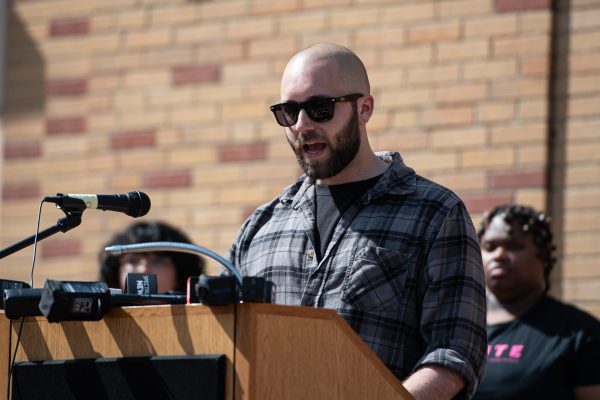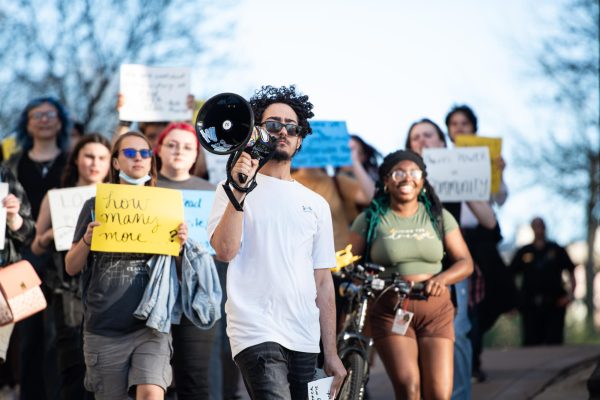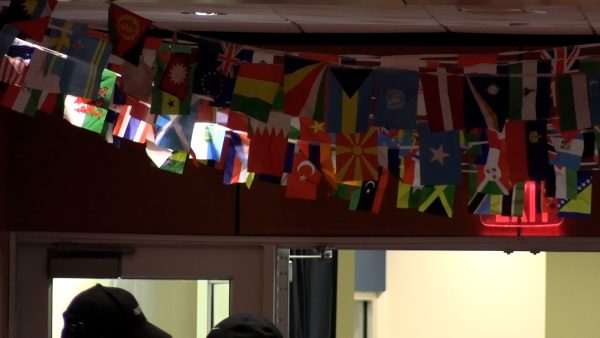The U.S. needs to stop oil turmoil
February 18, 2005
I think I can solve the Rubik’s cube puzzle that we call the Middle East, and I can do it without rearranging those stupid stickers.
In this column and next week’s column, I will explain my two-part solution to U.S. foreign policy problems in the Middle East.
The United States has an extensive history of dealing with corrupt leaders in the Middle East. In the 1970s, Iran was the largest recipient of U.S. military aid. Every president since Eisenhower has kept strong ties to the Saudi royal family — Michael Moore left that part out.
In October 2001, PBS’ “Frontline” spoke with Prince Bandar bin Sultan about Saudi corruption. Bandar is the Saudi ambassador to the United States. He said:
“If you tell me that building this whole country (Saudi Arabia) and spending $350 billion out of $400 billion (of which) we misused or got corrupted with $50 billion, I’ll tell you, ‘Yes.’ But I’ll take that (criticism) any time. But, more important, more important — who are you to tell me this? What I’m trying to tell you is, so what?”
Thus, Bandar acknowledges his government’s corruption but demonstrates no remorse.
Nobody will stop corrupted governments like Saudi Arabia, Iran and the former Iraq because the world depends on them for oil. Look at the Organization of the Petrolium Exporting Countries boycott in the 1970s when Arab countries stopped selling oil to the United States. The boycott crippled our economy and gas prices skyrocketed to the extent that Henry Kissinger, secretary of state at the time, considered military action on countries like Saudi Arabia if the boycott didn’t end.
What if we turned the table on the Arab oil-rich countries and stopped buying their oil instead? The Saudis would lose money to finance their prostitutes and vacations. The ayatollahs in Iran would no longer have the finances to control government protests or fund nuclear weapons research.
But the United States can’t be alone with this oil sanction. When Bill Clinton strengthened U.S. economic sanctions on Iraq, Saddam was able to swindle money from countries like France and Russia through the U.N. Oil for Food program. The United States needs to build a coalition with other nations to stop worldwide support of corrupt Arab governments.
So where are we going to get our oil from then? The first part of my theory is that we eventually stop relying on oil period.
President Bush and Congress could demand that the automobile industry improve miles-per-gallon standards on its vehicles. How about tax breaks for people who drive hybrid cars and taxing people up the ass if they drive SUVs? At the same time this happens, the government could invest additional money into researching energy alternatives. By curbing our consumption and purchase of oil in the short run, we’ll be able to stop needing it in the long run.
BLATANT EGOTISTICAL ADVERTISING: I’ll be speaking about my theory in-depth at 8:30 p.m. Monday in Room 307 of the Student Center.
Aman Ali is a junior information design major, president of the Muslim Students Association and a columnist for the Daily Kent Stater. Contact him at [email protected].























